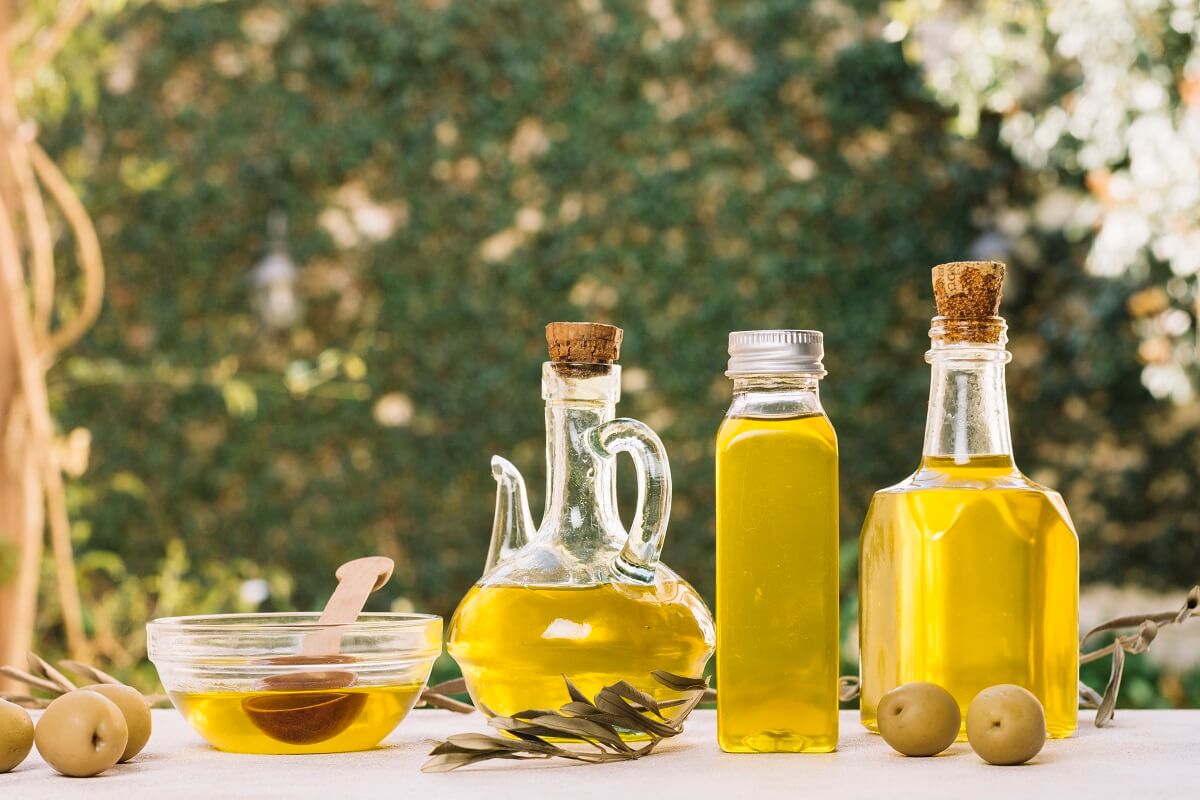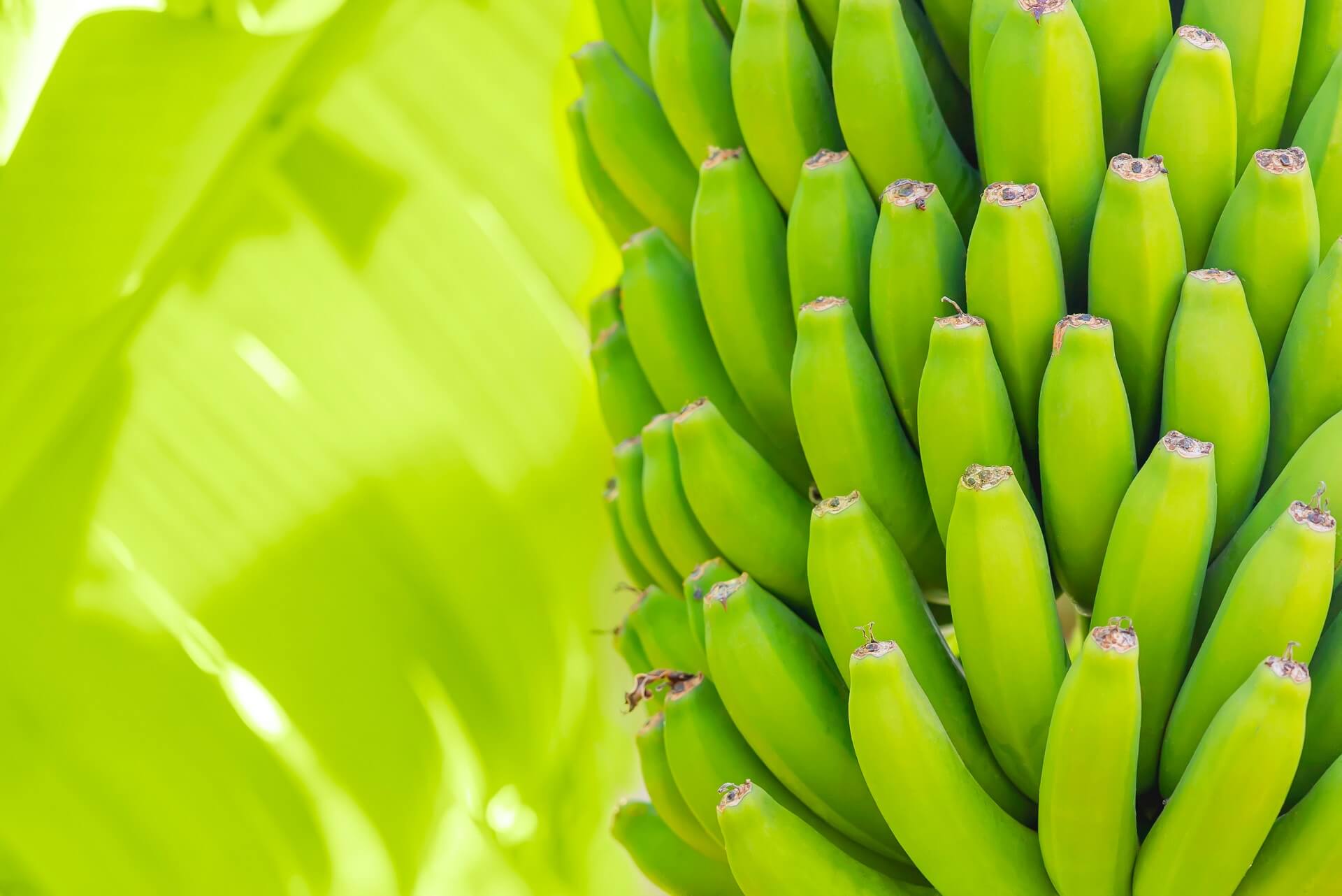Extra virgin olive oil is widely known for its health benefits, but there’s a growing interest in its organic (bio) version. What exactly is the difference between organic and non-organic olive oil? Is it worth choosing the more expensive bio olive oil? In this article, we break down the key differences and answer the most frequently asked questions.
Table of Contents
Comparison Table: Organic vs Regular Olive Oil – Key Differences
Before diving into the specific differences between organic and regular olive oil, it’s important to understand how these two types of oils vary in terms of production, taste, health benefits, and environmental impact. While both oils have their merits, organic olive oil stands out for its commitment to sustainability and natural farming practices. In the following table, we’ll break down the key distinctions so you can make an informed decision the next time you choose between the two.
This introduction sets the stage for the comparison, highlighting the importance of the differences and creating curiosity for the reader to learn more.
| Feature | Organic Olive Oil | Regular Olive Oil |
|---|---|---|
| Production Method | Made from olives grown without pesticides or synthetic chemicals. | May use pesticides and synthetic chemicals in farming. |
| Certification | Must be certified by organic standards (e.g., EU Organic, USDA Organic). | No specific certification required. |
| Taste | Often richer, with a fruity and slightly bitter flavor. | Can be more neutral or bland. |
| Health Benefits | Higher polyphenols and antioxidants, better for health. | May have fewer polyphenols and antioxidants. |
| Acidity | Less than 0.8%, with high-quality oils having even lower acidity. | May have higher acidity levels, affecting quality. |
| Price | Generally more expensive due to eco-friendly farming practices. | Typically less expensive due to mass production. |
| Environmental Impact | Sustainable farming practices, less harm to the environment. | Conventional farming practices may be harmful to the environment. |
| Shelf Life | Tends to have a shorter shelf life due to lack of preservatives. | Can last longer due to refined processing. |
What’s the difference between organic and regular olive oil?
First, let’s clarify that “organic” and “bio” olive oil are terms used interchangeably. These oils come from olives grown without synthetic fertilizers, pesticides, or herbicides. Unlike regular olive oil, which may be produced with chemical interventions, organic olive oil is cultivated using natural farming techniques to ensure environmental sustainability and protect the health of consumers.
The key distinction lies in the way the olives are farmed. Organic olive oil must adhere to strict certification standards that ensure its production processes are free from synthetic chemicals. This often results in lower yields and a more labor-intensive production process. Organic olive oil is considered to be a healthier, more sustainable option because it eliminates harmful residues and contributes to the preservation of biodiversity.
💡 Always Choose Extra Virgin Olive Oil!
When selecting olive oil, always opt for extra virgin. This is the highest quality, unrefined olive oil, rich in antioxidants and polyphenols, which are beneficial for your health. It’s the healthiest option, with the best taste and the lowest acidity, making it the ideal choice for both cooking and dressing your dishes.
What is organic farming?
Organic farming is a method of agriculture that focuses on natural, sustainable practices. It avoids the use of synthetic chemicals and emphasizes the importance of maintaining a balanced ecosystem. Some of the main principles of organic farming include:
- Soil health: Organic farming enhances soil fertility by using compost and crop rotation, which naturally replenishes nutrients.
- Biological diversity: It encourages a diverse ecosystem, promoting beneficial insects and animals that help manage pests naturally.
- Minimal human intervention: Farmers use manual labor and natural methods, avoiding genetically modified organisms (GMOs) and synthetic inputs.
By utilizing these methods, organic farming not only produces healthier crops but also supports environmental sustainability. When applied to olive oil production, this approach ensures that the oil is free from harmful chemicals, pesticides, and other synthetic additives that can be found in non-organic oils.
How can you identify certified organic olive oil?
Certified organic olive oil should always carry a recognizable logo or certification mark. In the European Union, for example, the official organic logo – a green leaf made of stars – is used to guarantee the authenticity of the product. This certification indicates that the oil was produced following strict EU guidelines for organic agriculture.
Additionally, on Italian organic olive oils, you may notice the phrase “agricoltura italiana,” indicating that the olives were grown in Italy. For further assurance, look for a DOP (Denominazione di Origine Protetta) label, which guarantees the oil’s provenance from a specific Italian region. This ensures that the oil is produced according to traditional methods and that the olives used are of high quality.
Is organic olive oil always better than non-organic?
While it’s clear that organic olive oil is a better option in terms of health and environmental impact, the question of whether it’s “better” overall depends on your preferences. Organic olive oil is undoubtedly healthier because it’s produced without harmful pesticides and fertilizers. These chemicals, which are often used in conventional farming, can leave residues that may negatively impact your health over time.
However, taste and quality also play important roles in determining whether organic olive oil is worth the investment. High-quality olive oil, whether organic or not, should have certain characteristics:
- Density: Good olive oil should have a thick, rich texture. Thin, watery oil may indicate lower quality or the presence of refined oils.
- Aroma: Fresh, fruity, and green olive oil smells like freshly pressed olives. A lack of aroma may indicate that the oil has been processed or diluted with cheaper oils.
- Taste: A slight bitterness at the end of the taste is a sign of high-quality olive oil. This bitterness comes from polyphenols, which are antioxidant compounds found in olives.
- Acidity: Extra virgin olive oil should have an acidity level of less than 0.8%. High-quality oil typically has an acidity level closer to 0.2%, though this is not detectable by taste or smell – it can only be measured in a laboratory.
Why is organic olive oil more expensive?
Organic olive oil tends to be more expensive than regular olive oil for several reasons. Organic farming methods are labor-intensive, and the yields are generally lower than those from conventional farming. Additionally, the production of organic olive oil often involves more stringent certification processes and regular inspections to ensure compliance with organic standards.
Furthermore, organic olive oil producers are committed to environmentally sustainable practices, which can require additional investments in resources and time. These factors contribute to higher production costs, which are reflected in the final price. On the other hand, non-organic olive oil can be produced on a larger scale with the use of synthetic chemicals, which reduces costs but often compromises quality and sustainability.
Is it worth buying organic olive oil?
In addition to being free of harmful chemicals, organic olive oil is packed with beneficial compounds like polyphenols and antioxidants. These substances have been linked to numerous health benefits, including:
- Improved heart health: The monounsaturated fats in olive oil can help reduce bad cholesterol and lower the risk of heart disease.
- Anti-inflammatory properties: Olive oil’s antioxidants help reduce inflammation, which can prevent chronic diseases.
- Better digestion: The oil aids in the absorption of fat-soluble vitamins and supports overall digestive health.
Additional Health Benefits of Organic Olive Oil
If you’re looking for a healthier, environmentally friendly product, organic olive oil is certainly worth the investment. It offers a purer, more flavorful oil that is free from harmful chemicals. While the price is higher, the benefits of consuming organic olive oil – from its rich taste to its positive environmental impact – make it a valuable addition to your kitchen and diet.

Our contributing author is a passionate advocate for eco-friendly living and sustainability. With a background in eco-life, they are dedicated to inspiring and empowering individuals to adopt environmentally conscious lifestyles. Through insightful articles, they share practical tips, innovative solutions, and thought-provoking perspectives to promote a greener, more sustainable world. Join them on the journey towards eco-smart living and discover how small choices can make a big impact. 🌱









